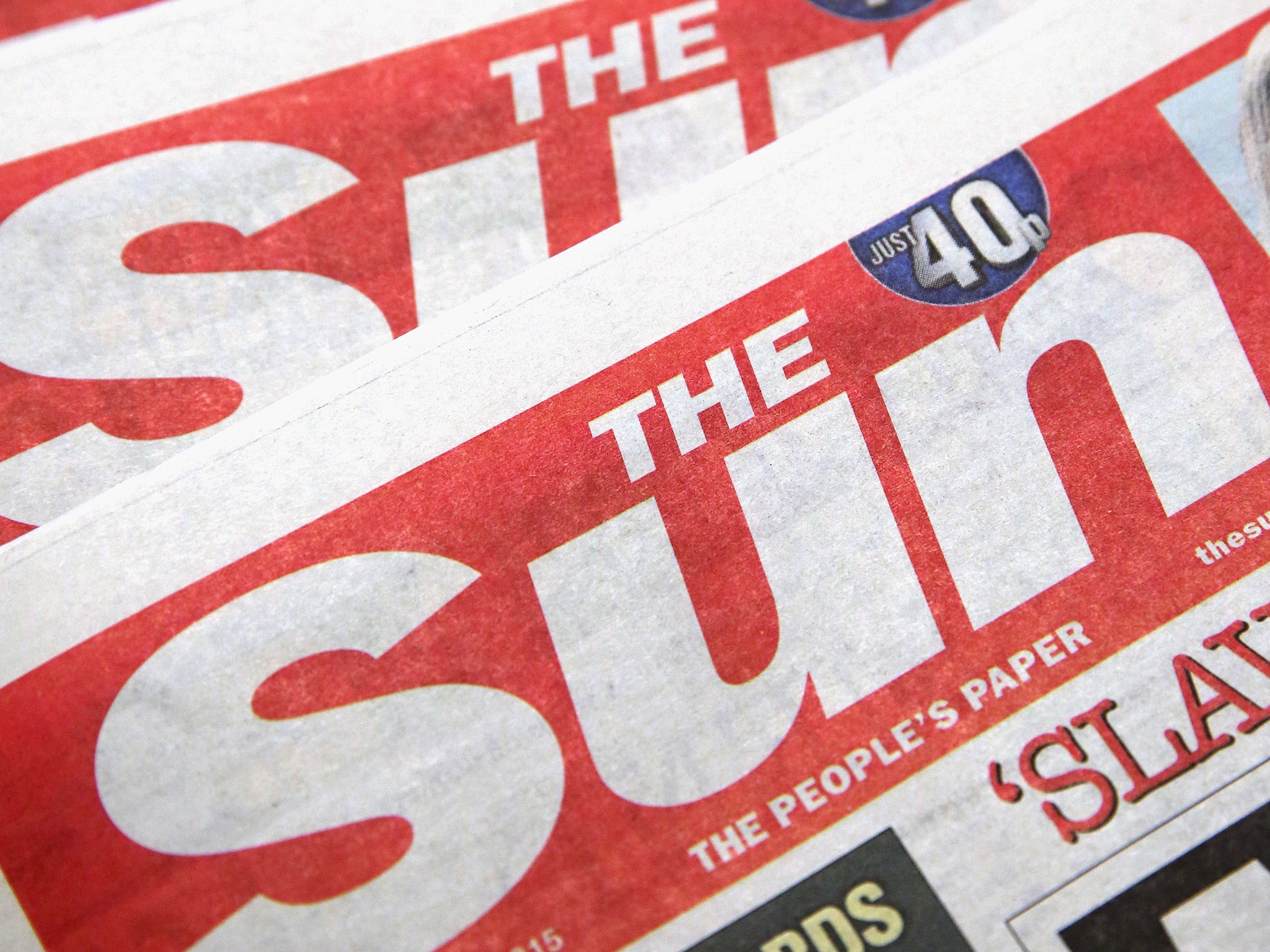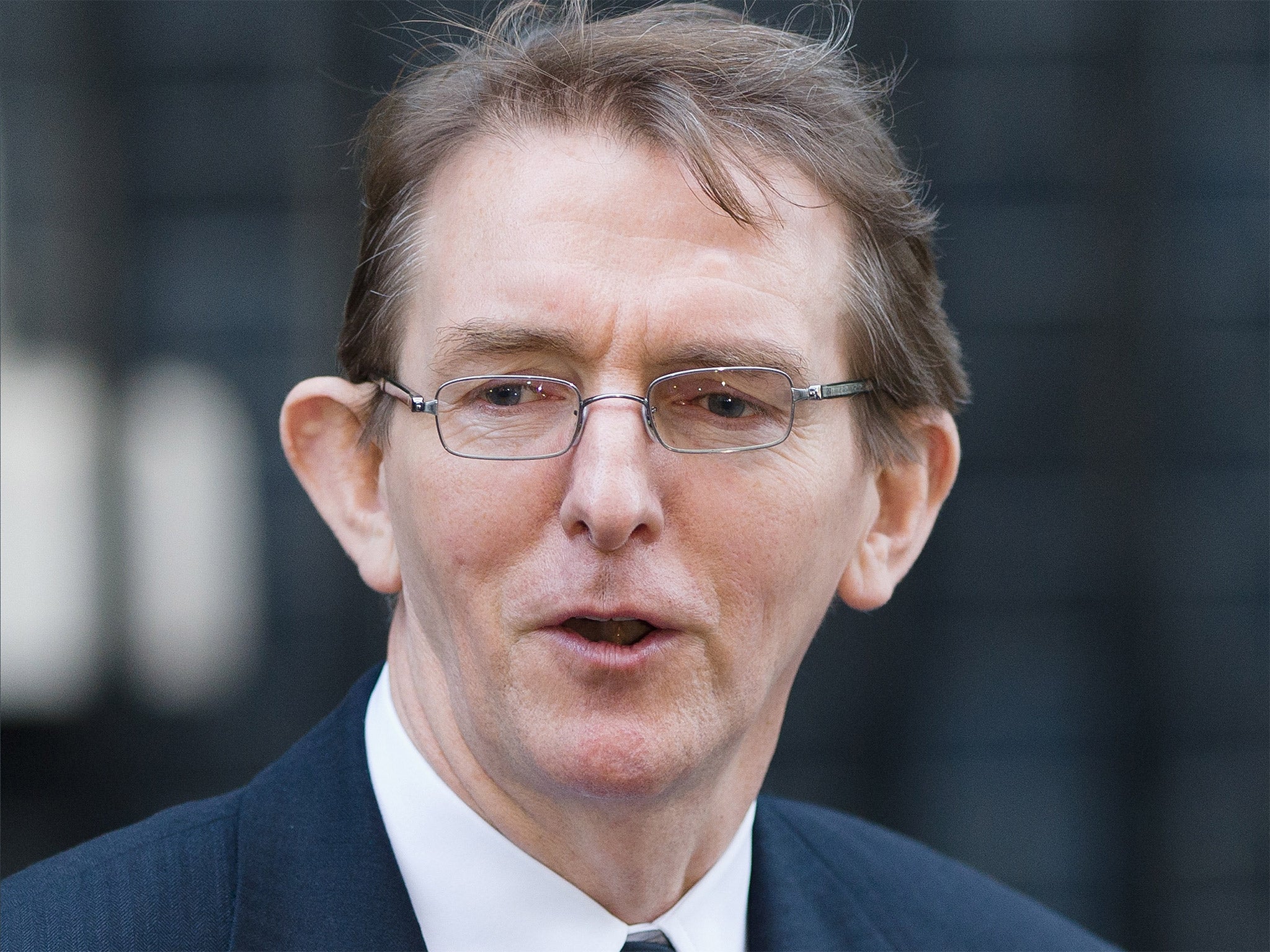The Sun editor-in-chief: We will become a holiday operator and betting company as well as a newspaper
'Four million Sun readers have gone on holiday courtesy of us over the past five years'

Your support helps us to tell the story
From reproductive rights to climate change to Big Tech, The Independent is on the ground when the story is developing. Whether it's investigating the financials of Elon Musk's pro-Trump PAC or producing our latest documentary, 'The A Word', which shines a light on the American women fighting for reproductive rights, we know how important it is to parse out the facts from the messaging.
At such a critical moment in US history, we need reporters on the ground. Your donation allows us to keep sending journalists to speak to both sides of the story.
The Independent is trusted by Americans across the entire political spectrum. And unlike many other quality news outlets, we choose not to lock Americans out of our reporting and analysis with paywalls. We believe quality journalism should be available to everyone, paid for by those who can afford it.
Your support makes all the difference.Tony Gallagher, editor-in-chief of The Sun, has said that the sustainable future of his paper depends on it being a betting company and a holiday travel operator as well as producing news.
All national newspapers will rely on “a variety of revenue streams” beyond news, he told a London conference. “It’s not just going to be cover price anymore, it’s going to be advertising and if we are going to have a long term future…we all need to look to our strengths and see that there are areas we can play in where we can be successful for a long-term sustainable future.”
The Sun will partner with Australian bookmaker Tabcorp to launch “Sun Bets” at the start of the next Premier League season. “We will be a gambler,” said Mr Gallagher. “There are 14 million people who bet in the UK and about 55 per cent of them are regular Sun readers. We think that’s a very interesting market for us.”
The tabloid brand was already “among the leading short break operators in Britain”, he said. “Four million Sun readers have gone on holiday courtesy of us over the past five years.”
The paper stopped charging for access to its main website at the end of November. “It was obvious to me and to (News UK chief executive) Rebekah Brooks, when she returned to the company, that the paywall wasn’t the success the company had anticipated. It had a small band of very loyal people who were willing to commit to it but the company decided that it wanted to achieve scale. So as a result of that it was decided that the paywall had to come down.”

Mr Gallagher was asked whether The Sun – which is part of the stable owned by Eurosceptic media titan Rupert Murdoch – would be backing Britain’s exit from the European Union. Noting that the paper had already published 55 “extremely sceptical” editorials about Britain’s future membership of the EU, he replied: “I haven’t quite decided yet but the tone of the coverage is undoubtedly pretty hostile to what David Cameron has delivered.” An audit of Sun readers found that most were “pretty hostile to the European project”, he said.
Gallagher claimed that online-only news providers in the UK had yet to match newspaper organisations in investigative journalism. “It’s one of the things that marks out national newspapers and it’s one of the things that the new entrants to the market, the digital kids on the block, have yet to even come close to achieving. Really good investigations remain the province of newspapers.”
He said that journalism was a trade that was learned on the job and that News UK was challenging a news industry culture of only recruiting graduates.
“It’s one of the mistakes that the media industry has made over the past 20 years that it has become the discipline for which it’s imperative to have a degree and then a postgraduate MA in Journalism and I think it’s a shame that we seem to have cut off that route of people coming into the trade at the age of 18,” he said. “It’s something we are looking at News UK because if you are not reflective of your audience I think you quickly grow apart from it.”
Katharine Viner, editor-in-chief of The Guardian, earlier told the same Newsworks Shift 2016 conference, that her title had no plans to charge for its online content but she believed that its readers would pay for its other services based on membership schemes. “We are not going to be introducing a paywall, no. It’s about a different relationship (with readers) and getting them to pay in different ways.”
She said that many online readers “feel guilty” about consuming Guardian journalism without paying and she wanted a “deeper relationship” with them. “People say to me all the time ‘How can I give you money?’” she said. “We want to help them out with that desire…and come up with a membership proposition that is really appealing to them.”
Join our commenting forum
Join thought-provoking conversations, follow other Independent readers and see their replies
Comments